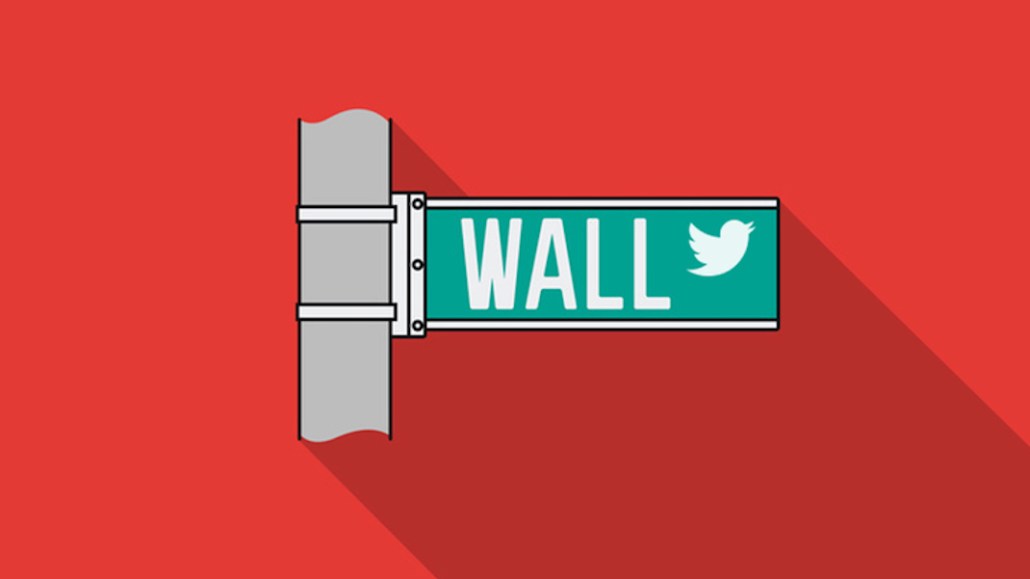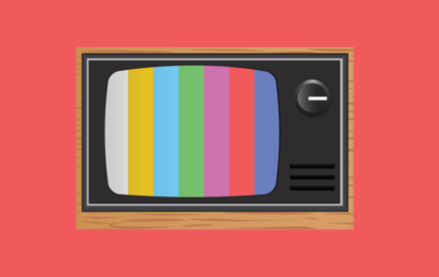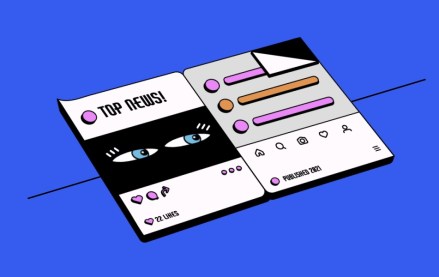
Banking institutions may not be many people’s picture of social media savvy, but they are perhaps surprisingly interested in Twitter.
Banks use Twitter more than Facebook, Instagram or LinkedIn — of 123,000 posts by financial brands, 79 percent were posted to Twitter compared to 12 percent on Facebook — and not just as a channel for customer complaints, as many other brands in service businesses do. Banks Goldman Sachs, Bank of America and Citi push podcasts, video interviews, company updates and sponsorships to customers.
There are a few reasons: It’s free, and according to Liz Elder, senior financial services associate at L2, shows people they’re not too old or behind the times to cater to the same customers that use services Facebook and Uber and shop online — sometimes on their mobile phones.
But for financial institutions, social media strategy is far from a need-to-have. Banks have enough brand equity that even without a winning Facebook strategy, they’ll still come out on top because how customers shop for a banking relationship just isn’t the same as how they approach the rest of their shopping; customers still consider things like proximity to a branch, access to human advice and — despite research showing that banks still struggle to reclaim customer trust lost after the 2008 financial crisis — the trust that comes with a name evoking strength, gravitas and rigidity like Goldman Sachs or JPMorgan Chase.
More in Marketing

In the marketing world, anime is following in the footsteps of gaming
As marketers look to take advantage of anime’s entry into the zeitgeist, they might be wise to observe the parallels between the evolution of anime as a marketing channel and the ways brands have learned to better leverage gaming in recent years.

With the introduction of video ads and e-commerce, Roblox looks to attain platform status
Roblox is expanding into more areas than just ads in 2024. Much like platforms such as Amazon and Facebook have transcended their origins to evolve from their origins as online marketplaces and social media channels, Roblox is in the midst of a transformation into a platform for all elements of users’ virtual lives.

PepsiCo wants to remain a ‘driver of culture’ as it turns to influencers and activations amid rebrand
The soda-maker says it can translate cultural relevance into sales volume.
Ad position: web_bfu